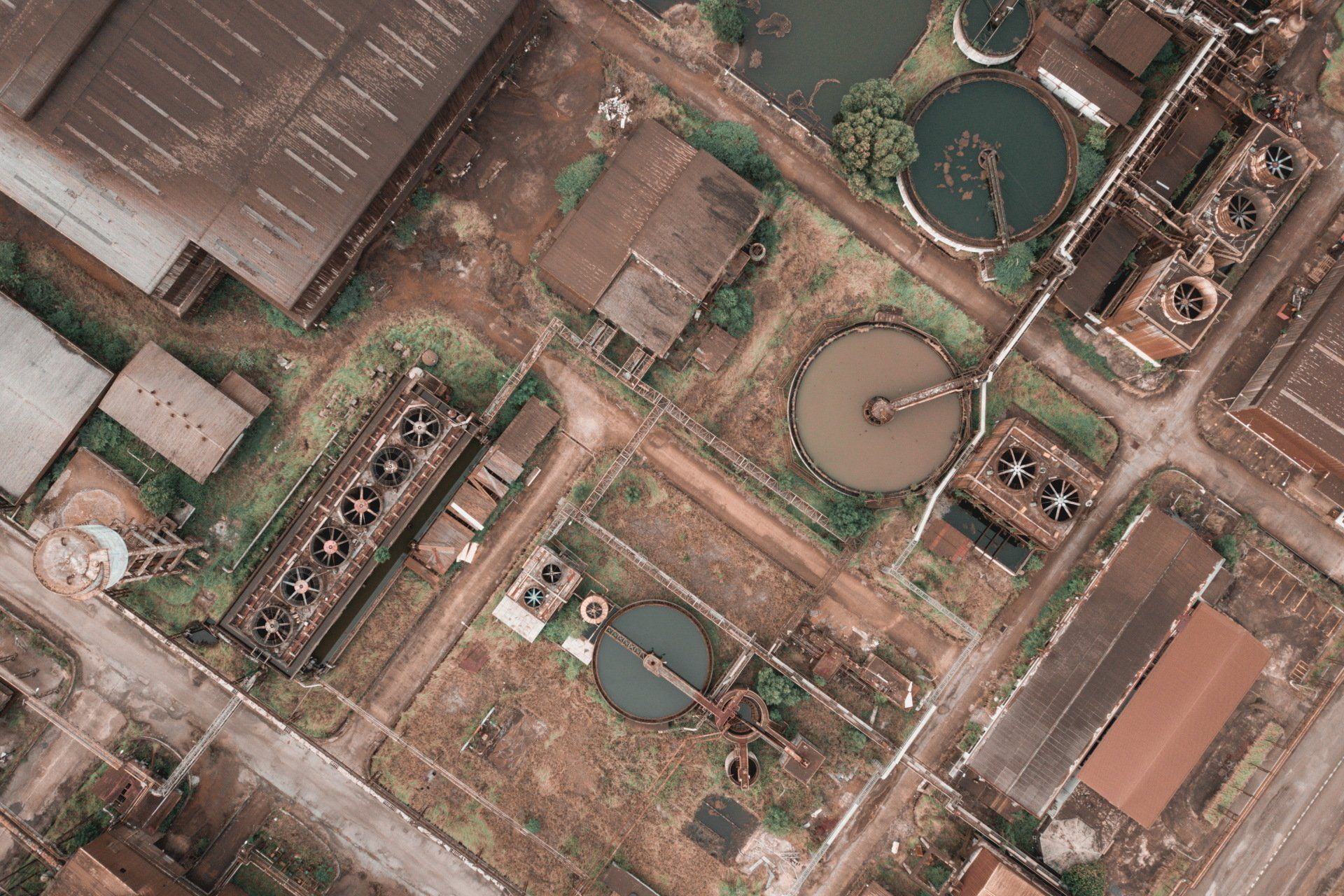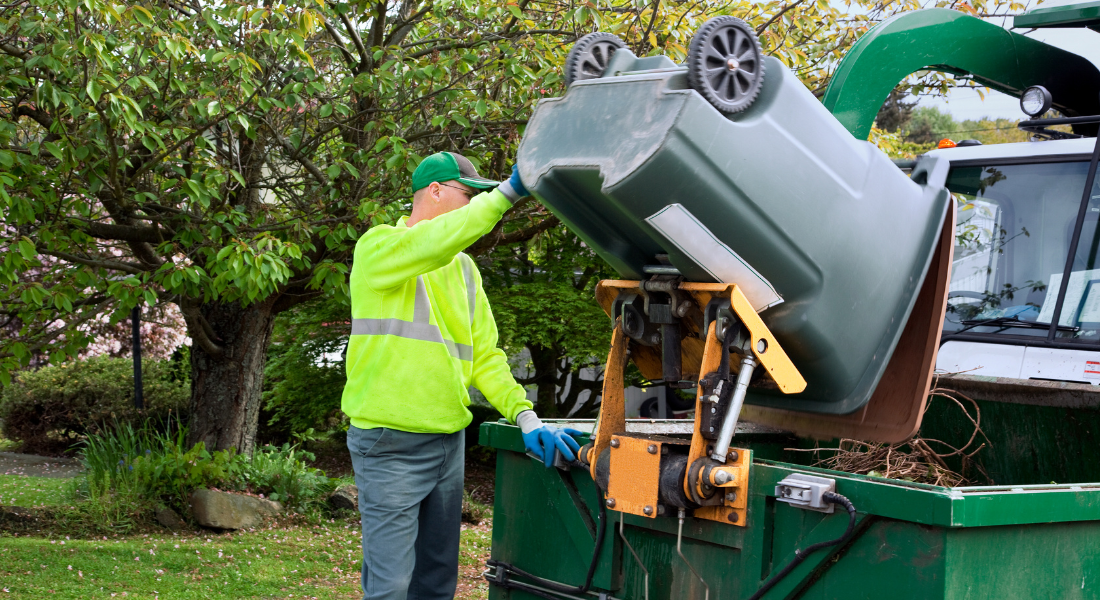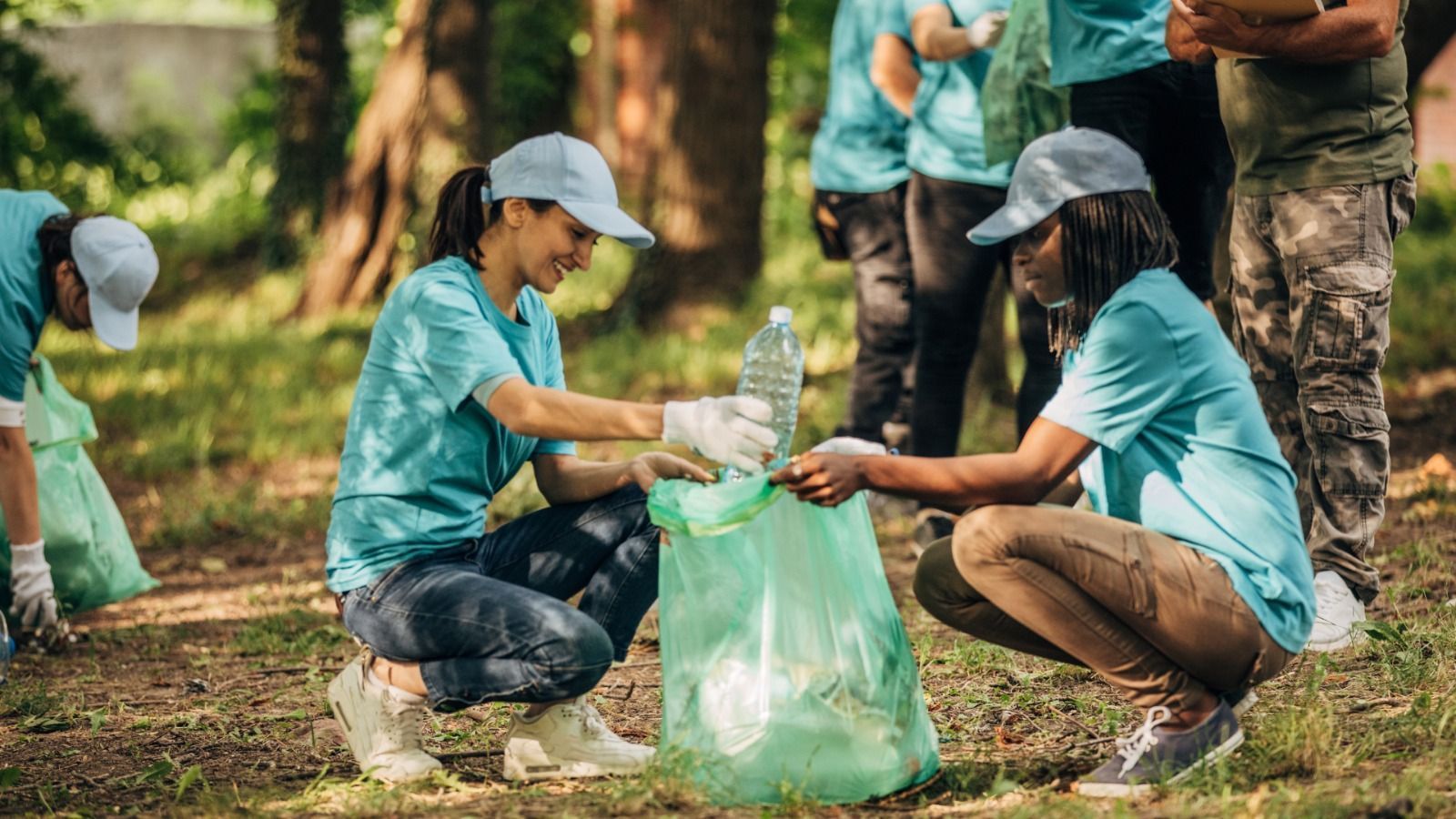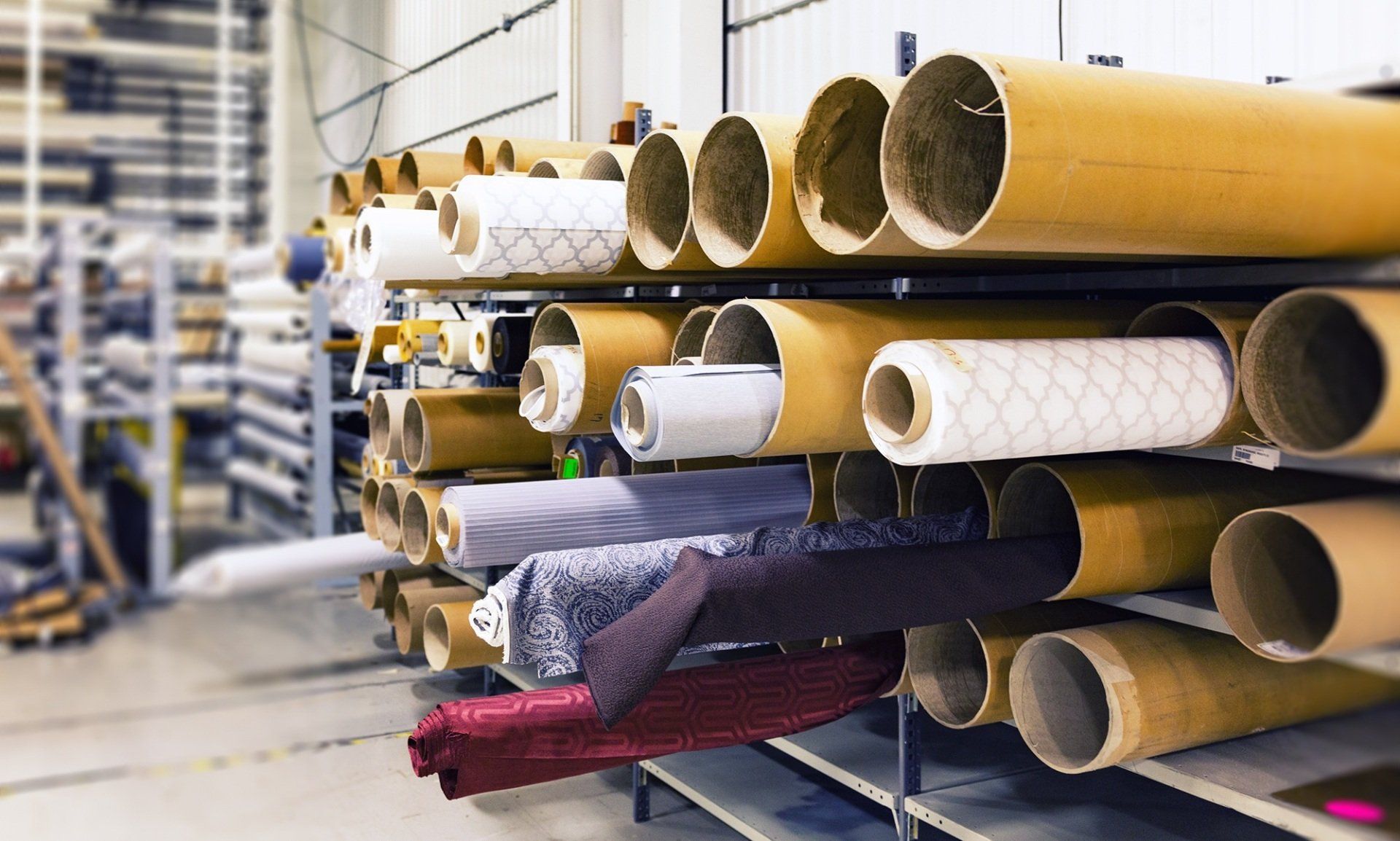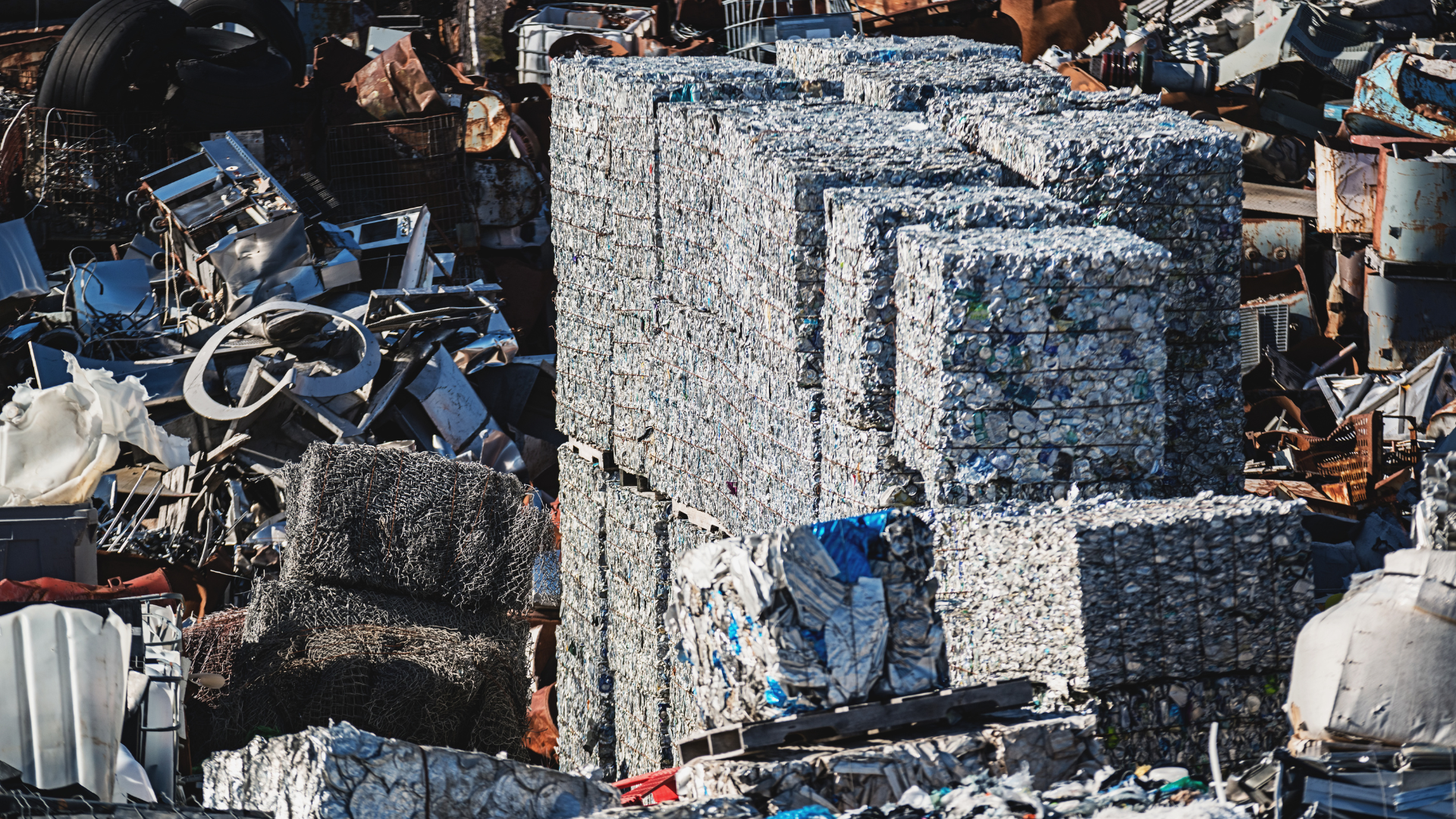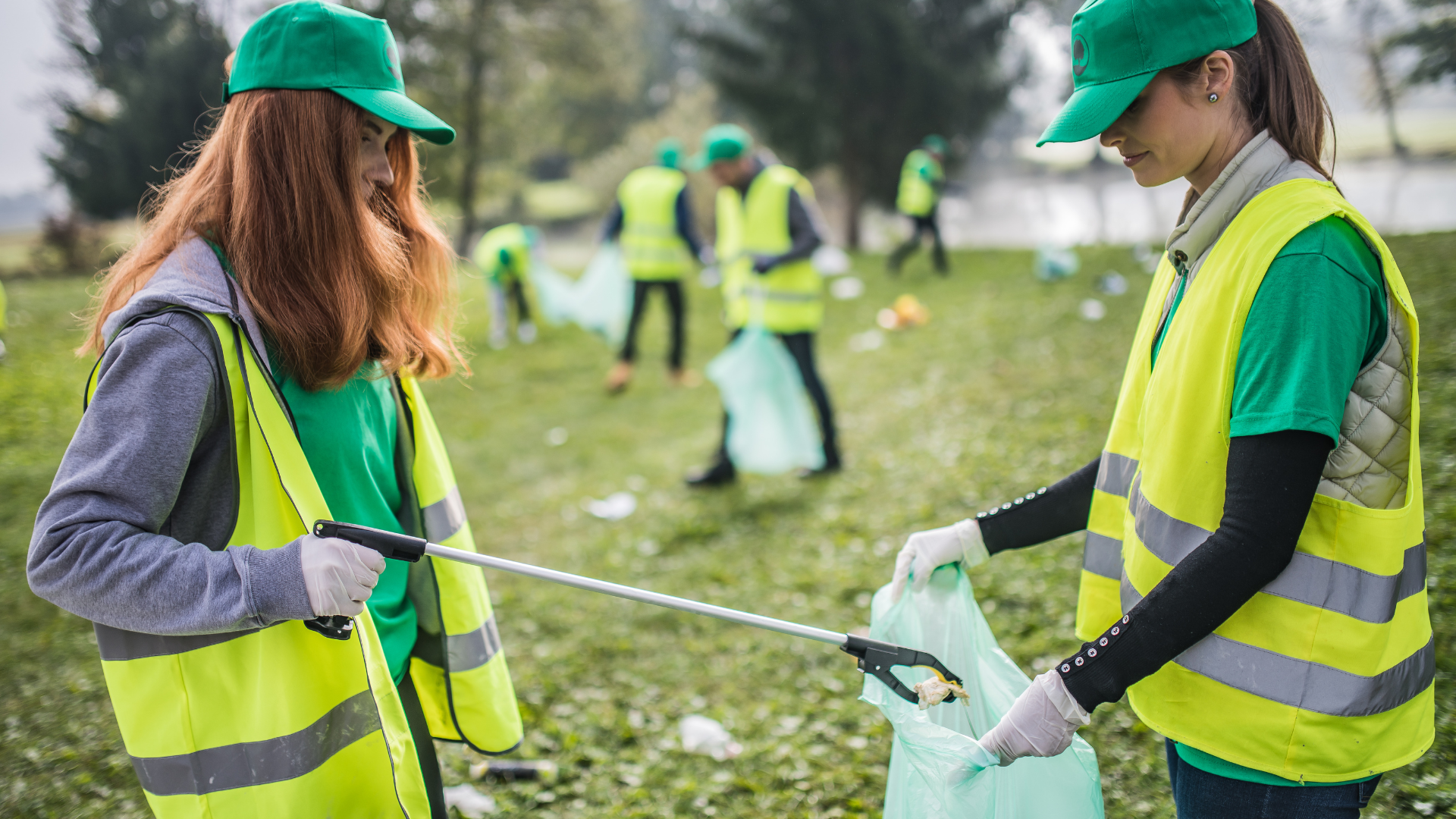From Trash to Treasure: The Surprising Journey of Your Garbage
Fozaibsolutions • July 26, 2023
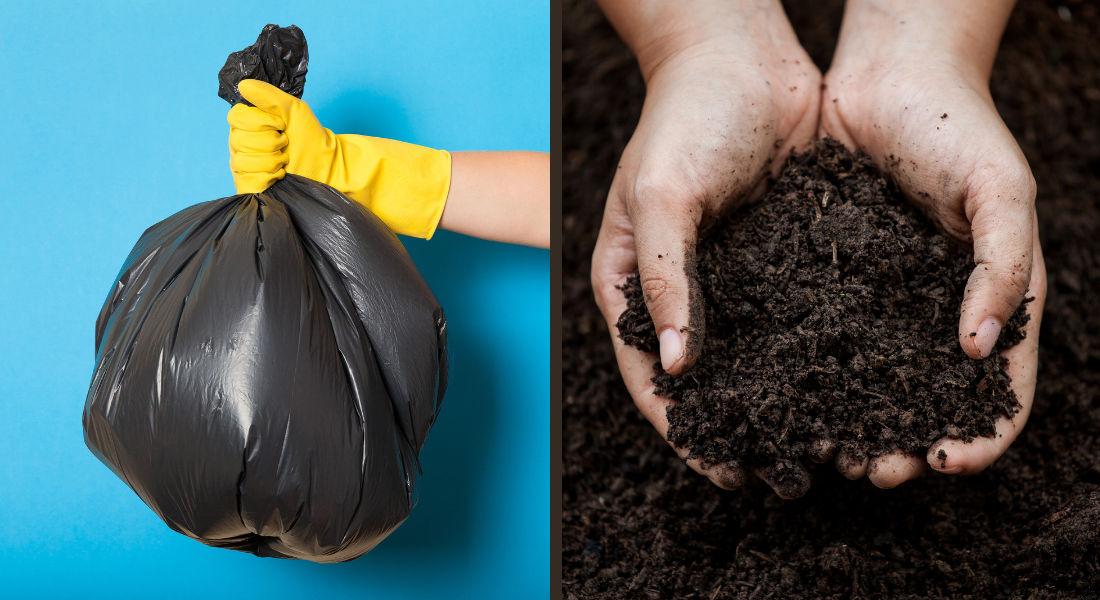
That crumpled receipt. The worn-out tennis shoes with the holes. The leftover spaghetti that's been in the fridge just a little too long. When we're ready to get rid of our waste, we toss it in the bin without a second thought. But where does our trash go after it leaves our homes? What happens to it next? The life cycle of garbage is more complex than you might think. By understanding the path our waste takes, we can make more informed choices to reduce its environmental impact.
Understanding the Journey: Where Does the Garbage Go?
From the moment it leaves your curbside until it reaches its final destination, waste passes through many steps on its post-household journey. Here is a breakdown of the key phases:
- Collection : Municipal garbage trucks pick up trash and recycling from residences and businesses on established routes and days. The waste is compacted in the rear of the trucks to conserve space during transportation.
- Transfer Station : Collection trucks offload the compacted waste at transfer stations. It is consolidated into larger loads for more efficient transport in long-haul trucks.
- Sorting and Processing : Recyclables are sent to materials recovery facilities to be sorted, cleaned and processed into raw materials for manufacturing. Compostable organics go to industrial composting sites.
- Landfill : Much of the remaining general waste is trucked to landfills where it is buried and contained. Modern landfills have protections to limit contamination from the buried debris.
- Incineration : A portion of mixed waste is burned at high temperatures at waste-to-energy facilities to reduce volume and generate electricity. Ash residues may require specialized disposal.
- Special Handling : Hazardous waste like chemicals, batteries and electronics requires special handling and processing to avoid environmental contamination.
Decomposition: What Happens to Waste in Landfills?
When waste gets buried in a landfill, many people imagine it sitting unchanged like a trash time capsule waiting to be dug up by future civilizations. But landfills are actually dynamic environments. Discarded materials gradually break down and settle over months and years through various decomposition processes.
Organic waste like food scraps, paper and green waste decompose the fastest as microbes digest and break down the carbon compounds. Yard trimmings also rot rapidly with the help of oxygen circulation. Certain inorganic materials like glass, dense plastics and metals remain intact much longer.
The rotting organics in landfills release methane gas and contaminated leachate liquid as they degrade. Modern facilities have extensive systems to collect and capture these byproducts for treatment. Gas is converted to energy, while leachate is cleaned at wastewater plants.
Though full decomposition takes decades, landfills are specially engineered to contain waste and limit pollution risks. Clay or plastic liners and Final covers prevent contamination and capture gases and liquids. settle and compact.
Organic waste like food scraps, paper and green waste decompose the fastest as microbes digest and break down the carbon compounds. Yard trimmings also rot rapidly with the help of oxygen circulation. Certain inorganic materials like glass, dense plastics and metals remain intact much longer.
The rotting organics in landfills release methane gas and contaminated leachate liquid as they degrade. Modern facilities have extensive systems to collect and capture these byproducts for treatment. Gas is converted to energy, while leachate is cleaned at wastewater plants.
Though full decomposition takes decades, landfills are specially engineered to contain waste and limit pollution risks. Clay or plastic liners and Final covers prevent contamination and capture gases and liquids. settle and compact.
The Impacts: How Our Waste Affects the Planet
When we toss something in the bin, we don't usually think about how it might ultimately affect the environment. But our collective waste has many consequences:
- Climate Change : Landfill methane contributes significantly to global warming as a potent greenhouse gas even more powerful than CO2.
- Air Pollution : Incinerating waste produces emissions including nitrogen oxides, sulfur dioxides, particulates and toxic ashes. These contribute to acid rain, smog and health issues.
- Water Contamination: Leaks, spills and improper containment of landfills and waste sites can lead to polluted stormwater, groundwater and drinking water sources.
- Soil Pollution : Hazardous substances like paint, batteries, pesticides and electronics that get landfilled can leach toxins into surrounding soils.
- Ocean Plastic : Litter that travels from landfills and waterways into the ocean wreaks havoc on marine ecosystems across the food chain. Most ocean plastic comes from land sources.
- Resource Depletion : Discarded paper, aluminum, glass and plastics represent wasted resources and embodied energy that could be conserved through recycling.
- Habitat Destruction : Siting landfills and waste facilities often disturbs natural landscapes and critical habitat for sensitive species. Illegal dumping also damages ecosystems.
Our waste has far-reaching environmental impacts well beyond the dump. But creative solutions can close the loop and turn trash into treasure.
Closing the Loop: Solutions for a Circular Economy
Though waste disposal inevitably has impacts, we can shrink its footprint through strategies that circulate materials rather than wasting them. Here are some solutions that are gaining momentum:
- Composting : Diverting food and yard waste from landfills to create nutrient-rich compost reduces methane emissions while benefiting soils.
- Recycling : Processing post-consumer materials like paper, plastic and glass into new products reduces extraction and processing of virgin raw materials.
- Waste-to-Energy : State-of-the-art WTE plants safely convert non-recyclable residual waste into clean electricity and heat.
- Extended Producer Responsibility: EPR laws assign producers responsibility for collecting and recycling their used products and packaging, incentivizing greener design.
- Landfill Mining : Old landfills can be excavated to unearth useful materials, reclaim space, capture methane, and remediate environmental issues.
- Zero Waste: The zero waste movement aims to eliminate waste through source reduction, recycling, reuse, and composting. Cities like San Francisco are reaching 80%+ diversion rates.
From discarded junk to usable resources, our trash contains hidden treasures if we recover it responsibly. By minimizing waste and giving new life to our discards, we can keep materials circulating in closed loops rather than ending up in the dump. Through smart policies, consumer action, and industrial innovation, we can transform waste into environmental wins. What can you do to reduce your waste footprint and complete the cycle?
GET IN TOUCH TODAY
TVG Waste Consulting
provides proactive environmental consulting services. We're dedicated to saving you time, money, and making sure you have a custom solution to meet your needs.
Contact us
today!
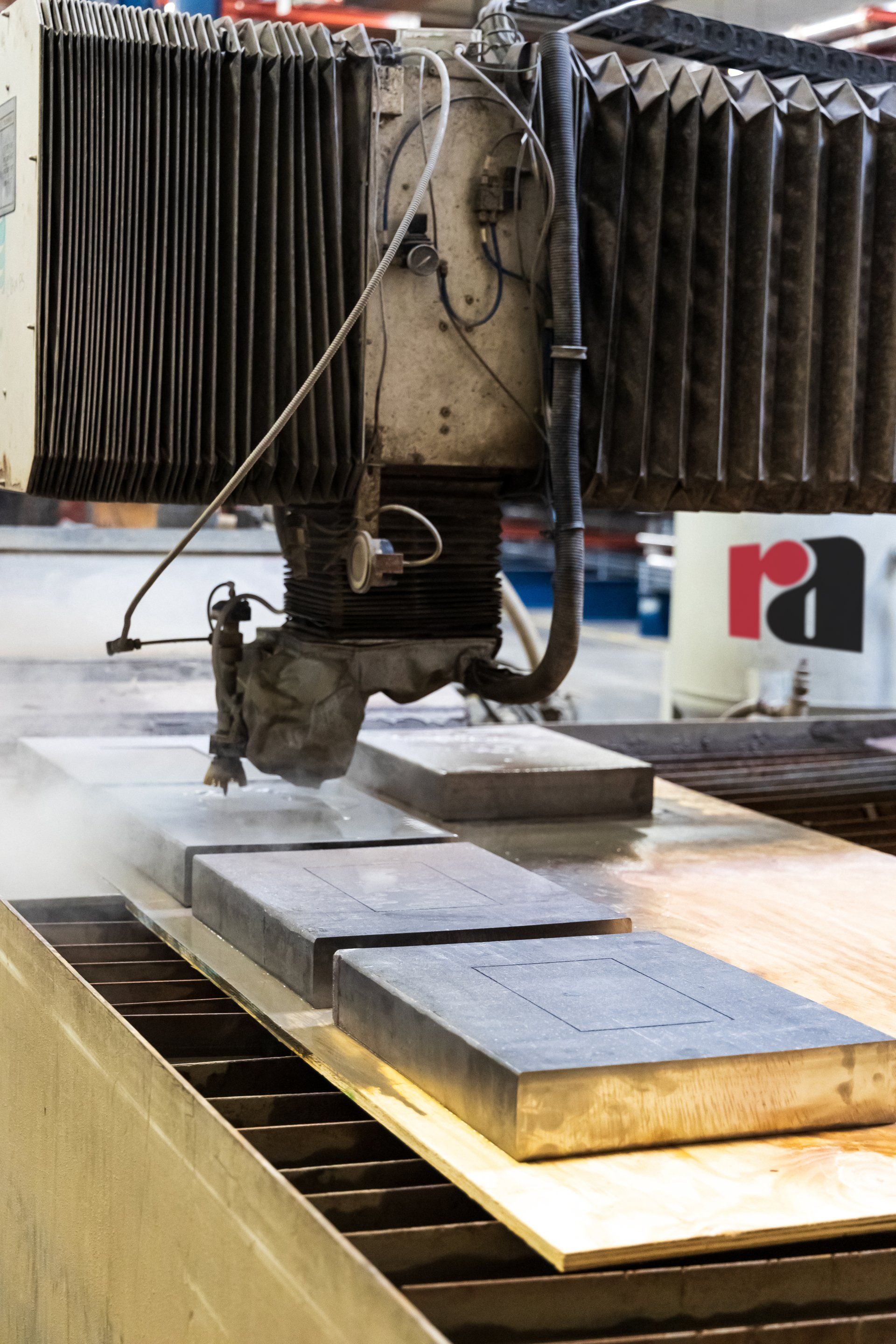
Strategizing on waste solutions goes beyond the confines of the business premises. It extends to the choice of suppliers and partners that a business collaborates with. Working with eco-friendly suppliers means that the products entering the manufacturing process are already optimized for minimal waste.

